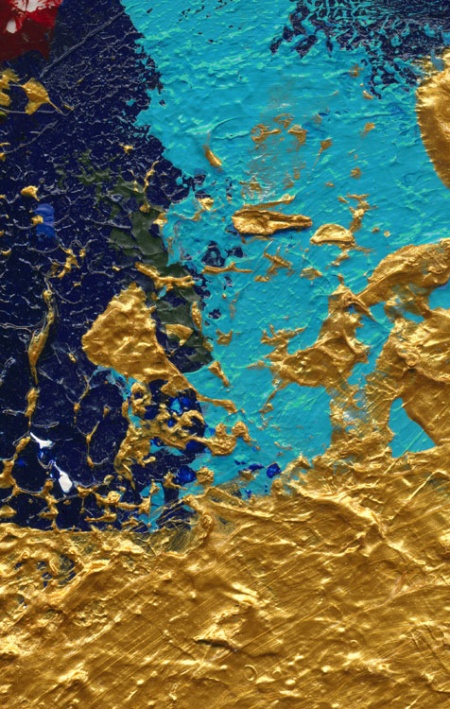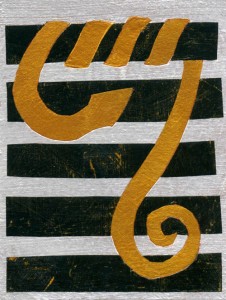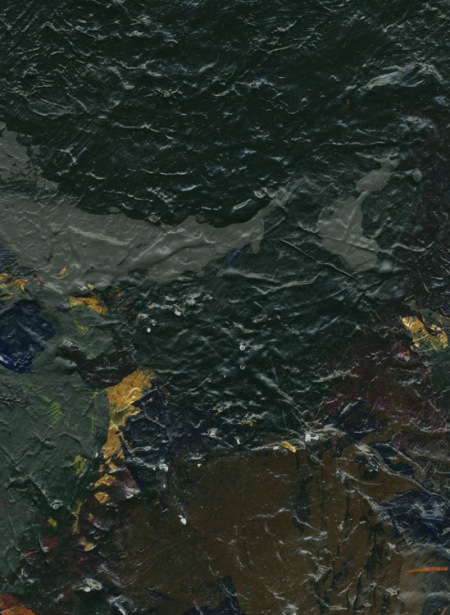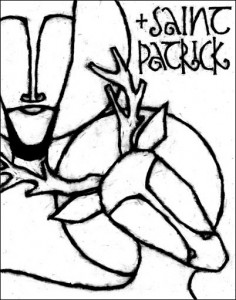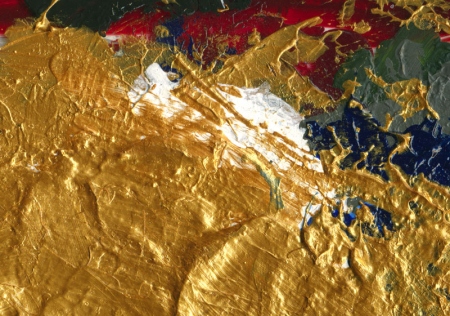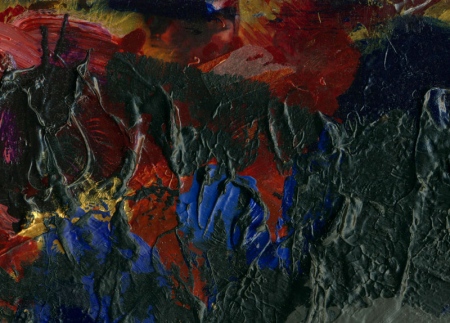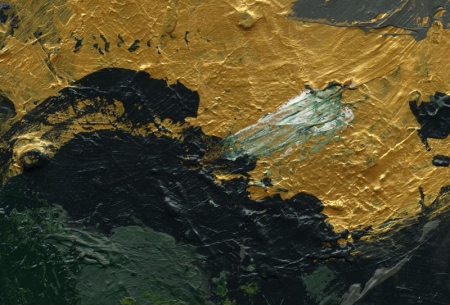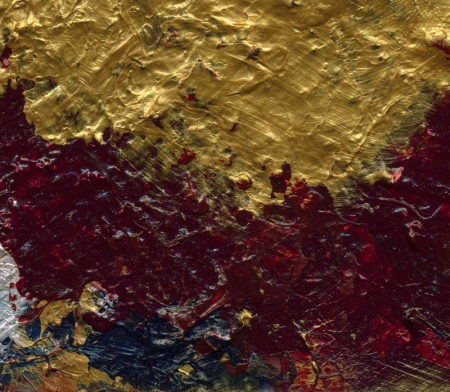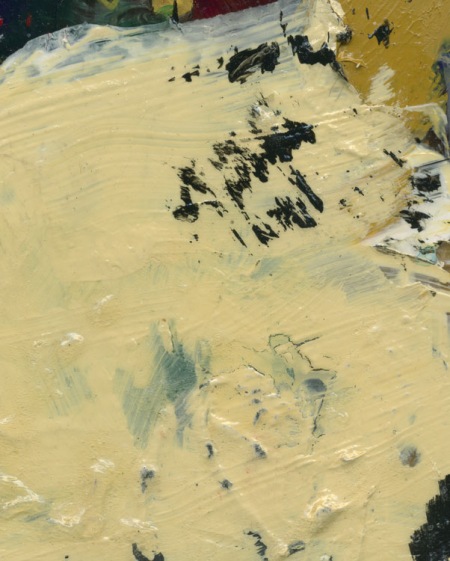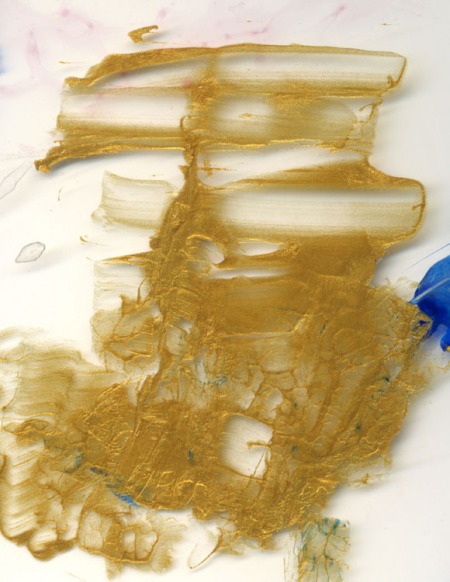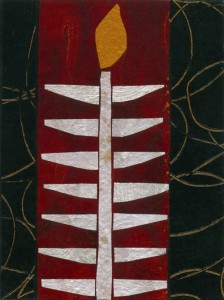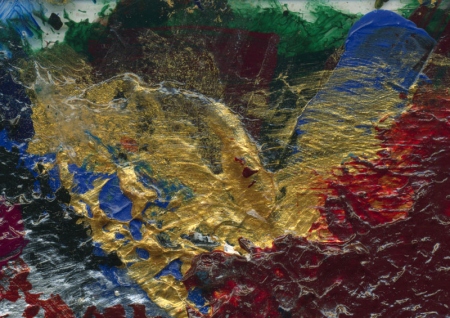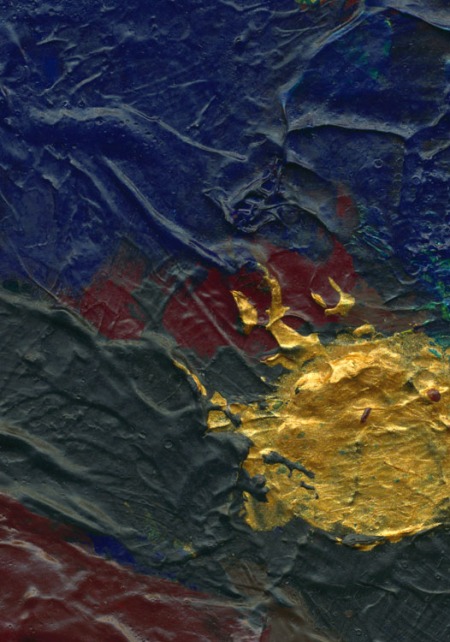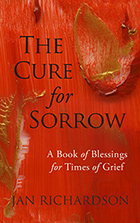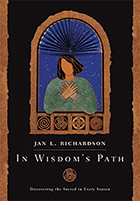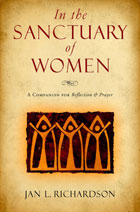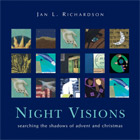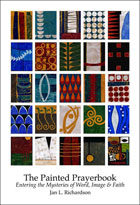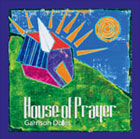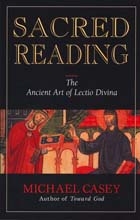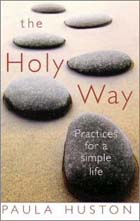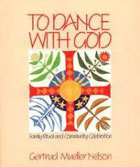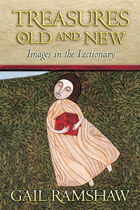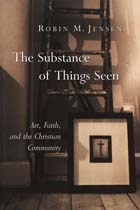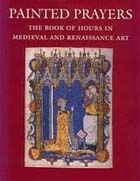Clearly Seen © Jan L. Richardson
Those who do what is true come to the light, so that it may be clearly seen that their deeds have been done in God.
—John 3.21
From a lectionary reading for Lent 4: John 3.14-21
Reflection for the Fourth Sunday in Lent (March 18)
A brief and belated post here at the end of Lent 4. Gary and I have spent most of this week in Colorado, where we’ve just wrapped up a series of events with the marvelous folks here. We are feeling deeply grateful and thoroughly spent. So for tonight, just an image to wrap up this week’s reflections, along with a simple blessing:
That we will lean into
the light of Christ.
That what we do,
we will do in God.
That we will be
clearly seen.
P.S. For a previous reflection on this passage, click the image or title below:
This reflection is part of the series “Teach Me Your Paths: A Pilgrimage into Lent.” If you’re new to the series, welcome! You can visit the first post, Teach Me Your Paths: Entering Lent, to pick it up from the beginning. If you would like to receive these blog posts via email, simply enter your address in the subscription signup box near the top of the sidebar.
[To use the image “Rather Than Light,” please visit this page at janrichardsonimages.com. Your use of janrichardsonimages.com helps make the ministry of The Painted Prayerbook possible. Thank you!]
